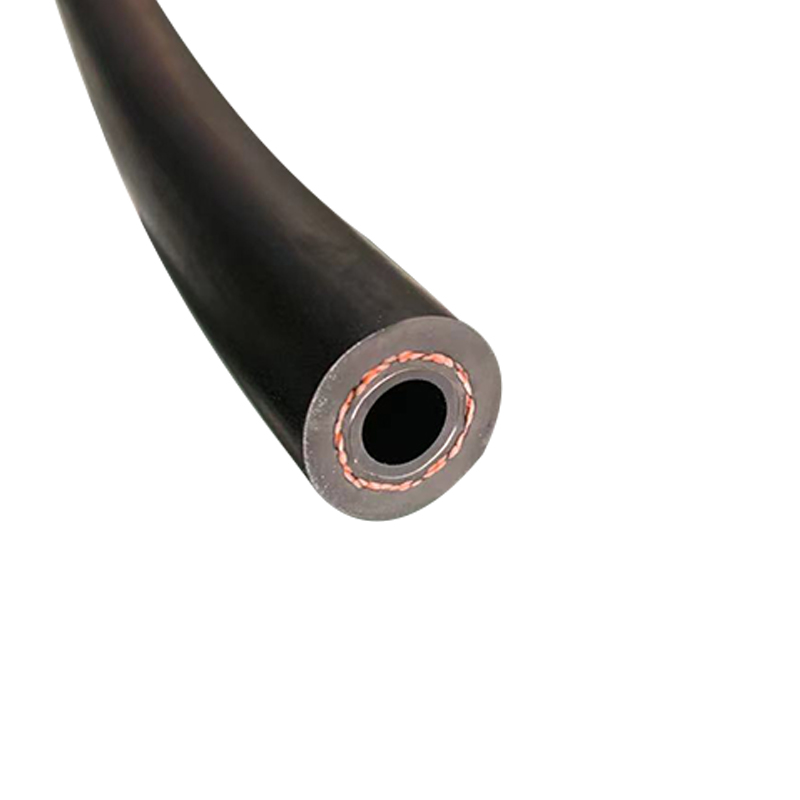Optimizing Fuel Line Efficiency for Enhanced Engine Performance and Reliability
Oct . 20, 2024 22:28 Back to list
Optimizing Fuel Line Efficiency for Enhanced Engine Performance and Reliability
The Importance of Fuel Pipes in Modern Vehicles
Fuel pipes are an integral component of any modern vehicle, serving as the lifeline for the fuel that powers our engines. These pipes are often overlooked, yet they play a crucial role in the efficient operation of internal combustion engines. Understanding the various aspects of fuel pipes, including their construction, types, and maintenance needs, can help vehicle owners appreciate their importance and ensure optimal performance.
Construction and Material
Fuel pipes are typically constructed from a variety of materials, each chosen for its specific properties that enhance durability and resistance to corrosion. Steel, aluminum, and various plastic composites are commonly used, with rubber components often employed at junctions to allow flexibility and reduce vibrations. The material selection is essential as fuel can be corrosive and can degrade weaker materials over time. Additionally, modern fuel pipes are designed to withstand high pressure, given the necessity for efficient fuel delivery in contemporary high-performance engines.
Types of Fuel Pipes
There are several types of fuel pipes used in vehicles, each serving a specific purpose. The primary categories include fuel feed lines, return lines, and vent lines. Fuel feed lines transport fuel from the tank to the engine, while return lines send excess fuel back to the tank, helping to regulate pressure within the fuel system. Vent lines, on the other hand, allow for the release of vapors that build up in the fuel tank, preventing pressure from reaching unsafe levels.
In addition to these primary lines, there are specialized fuel pipes, such as those designed for direct injection engines, which require precise fuel delivery methods
. As technology continues to evolve, the design and function of fuel pipes will undoubtedly adapt to meet new performance standards and fuel types, including alternative fuels like ethanol and biodiesel.fuel pipe

Maintenance and Inspection
Maintaining fuel pipes is vital to prevent leaks and ensure the engine runs smoothly. Regular inspections should focus on looking for signs of wear, corrosion, or any visible leaks. A simple visual inspection can save vehicle owners from potential catastrophic failures. For example, a ruptured fuel pipe can lead to fuel leaks, presenting not just an operational issue but also a significant fire hazard.
In addition to regular inspections, replacing fuel filters is a recommended practice to ensure that contaminants do not clog the fuel lines, which can lead to increased pressure and potential damage. Following the manufacturer’s guidelines regarding preventative maintenance will also extend the lifespan of fuel pipes and contribute to the overall health of the vehicle.
Future Developments
As we move toward greater environmental consciousness, the fuel supply systems of vehicles are evolving. Innovations in fuel pipe technology focus on improving efficiency and reducing emissions. Advances in materials science may lead to lighter-weight, more durable fuels lines that are better suited for hybrid and electric vehicles. Additionally, the development of smarter systems, including sensors that monitor fuel flow and pressure, could enhance performance while also providing real-time data to vehicle management systems.
Conclusion
In summary, fuel pipes are an essential component of modern vehicles, contributing to the efficiency and safety of fuel delivery systems. Understanding their construction, types, maintenance, and future developments is crucial for both vehicle owners and manufacturers. By paying attention to these vital components, we can ensure that our vehicles perform at their best, remain safe, and align with emerging environmental standards. The next time you turn the ignition of your car or truck, take a moment to appreciate the vital role that fuel pipes play in bringing your vehicle to life.
